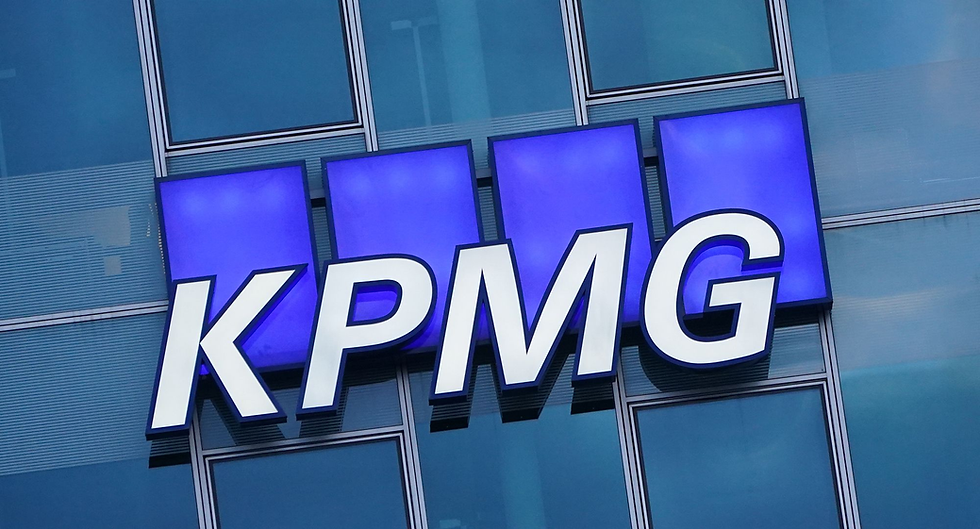KPMG Korea was fined $350,000 for improper auditing practices
- Flexi Group
- Aug 18, 2022
- 2 min read
The Public Company Accounting Oversight Board (PCAOB) penalized the KPMG subsidiary in Korea $350,000 for lax quality control standards and practices that should have prevented two ex-employees from improperly altering work documents during an audit.

As part of its settlement with the PCAOB, KPMG Samjong Accounting Corp. (KPMG Korea) was censured and required to enhance its quality control systems on Tuesday. As part of separate disciplinary decisions relating their alleged activities, Jin Tae Kim, a former KPMG Korea partner, and Se Woon Jung, a former KPMG Korea director, were each fined $50,000 and $40,000 and disqualified from working with a PCAOB-registered accounting firm for at least three years.
The firm, Kim, or Jung did not agree or disagree with the PCAOB's conclusions.
The PCAOB praised KPMG Korea for its "extraordinary cooperation" in the matter, which included helping the team's investigators and cutting ties with Kim and Jung in March 2019.
KPMG US assigned its Korean affiliate the job of auditing the financial data of five Korean components of the issuer during an audit of the fiscal year 2017 of an unnamed issuer. According to the PCAOB's ruling, the U.S. company informed the Korean affiliate that the work had to adhere to PCAOB standards, that the Korean components were financially significant, and that revenue should be given special attention. KPMG Korea would attest that its work was carried out in accordance with PCAOB guidelines and that revenue-related risks were managed through the use of accounts receivable confirmation procedures.
The Department of Professional Practice (DPP) of KPMG Korea "learned that audit procedures may not have been performed, evidence may not have been obtained, or appropriate conclusions may not have been reached in connection with the component audit" in September 2018 in anticipation of a PCAOB inspection, the PCAOB stated. According to the order, prior year work papers primarily made up the accounts receivable documentation for three of the five components; however, the DPP "relied on the component audit engagement team to evaluate the sufficiency of the procedures and evidence and did not adequately follow up with the engagement team" despite this finding.
The PCAOB said that the flaws with the prior year work papers had not been recognized as part of the engagement by Kim, the lead partner on the component audits, and Jung, the engagement manager. The regulator said that after being made aware of the issue, the two improperly added documents to the archived audit paperwork and produced an independence affirmation that seemed to have been finished during their original work. In breach of PCAOB guidelines, the new documents "did not indicate the date the information was added, the name of the person who prepared the additional documentation, or the reason for adding it."
In spite of these red flags, the PCAOB concluded that KPMG Korea's quality control system "failed to provide reasonable assurance that the work performed by engagement personnel met applicable professional standards, regulatory requirements, and the firm's standards of quality."
Additionally, Kim and Jung were blamed for deceiving PCAOB inspectors about the documents.
A request for comment was not responded to by a KPMG spokesperson.
By fLEXI tEAM





Comments